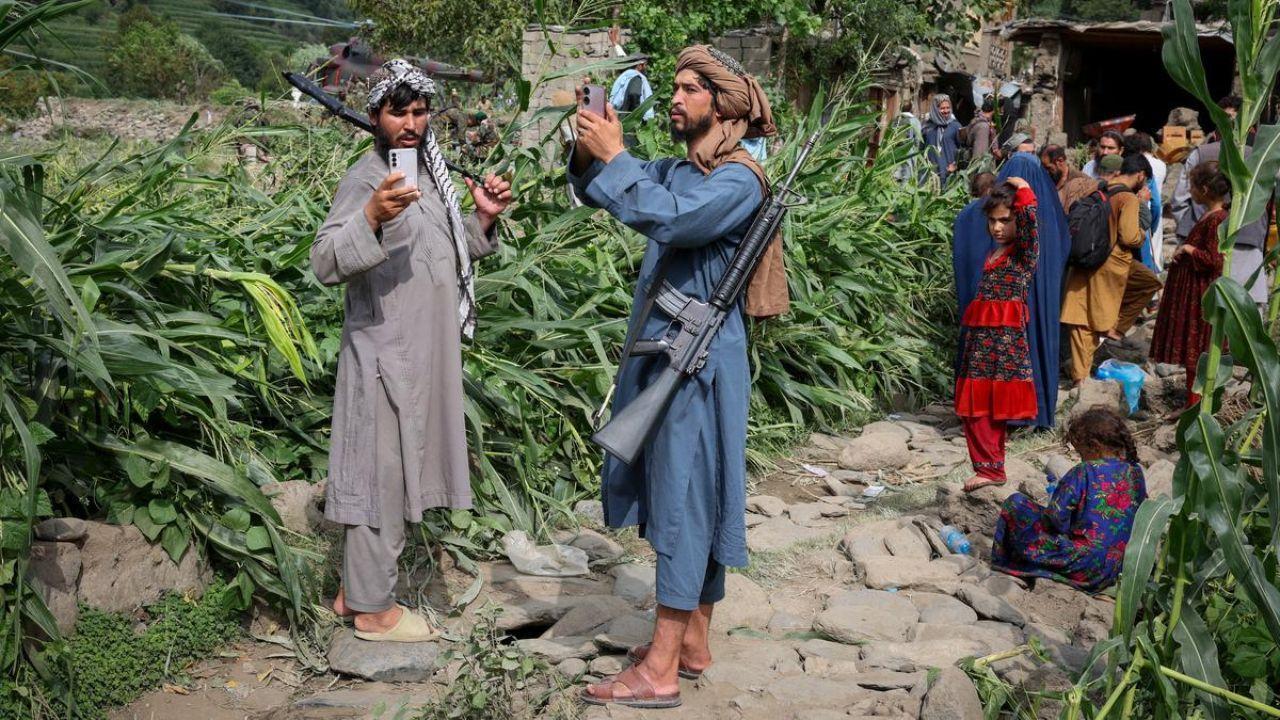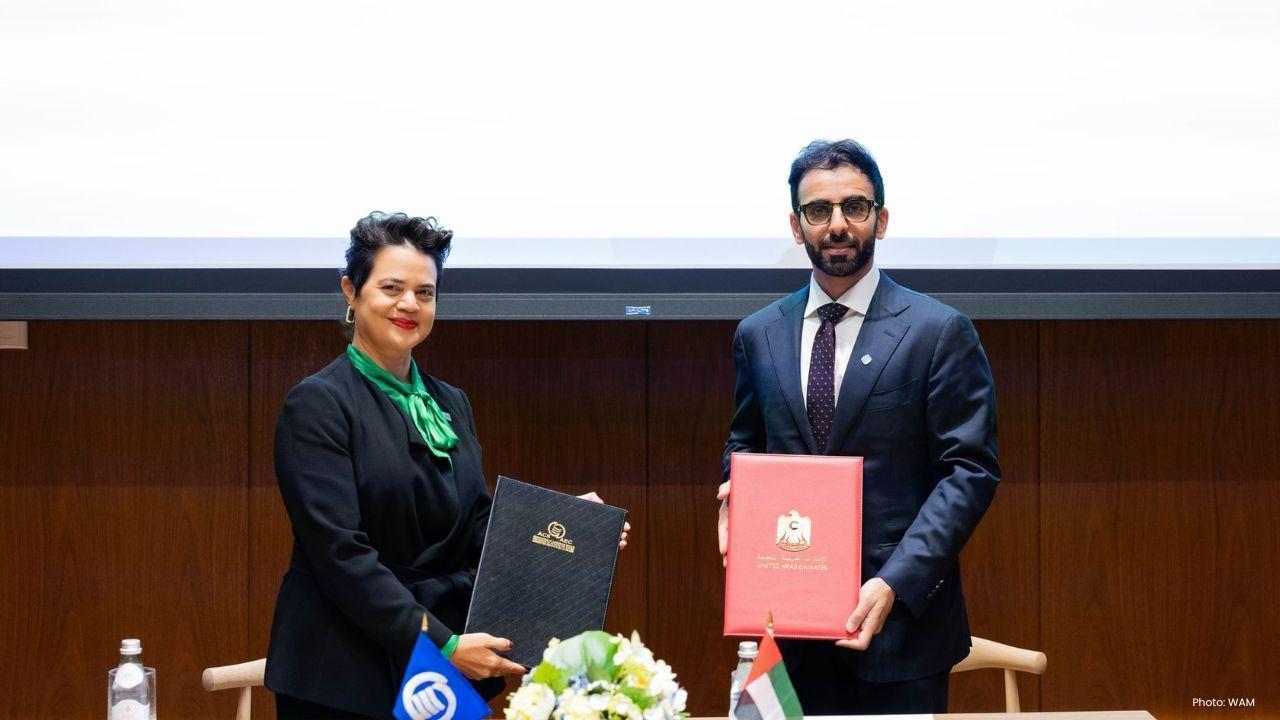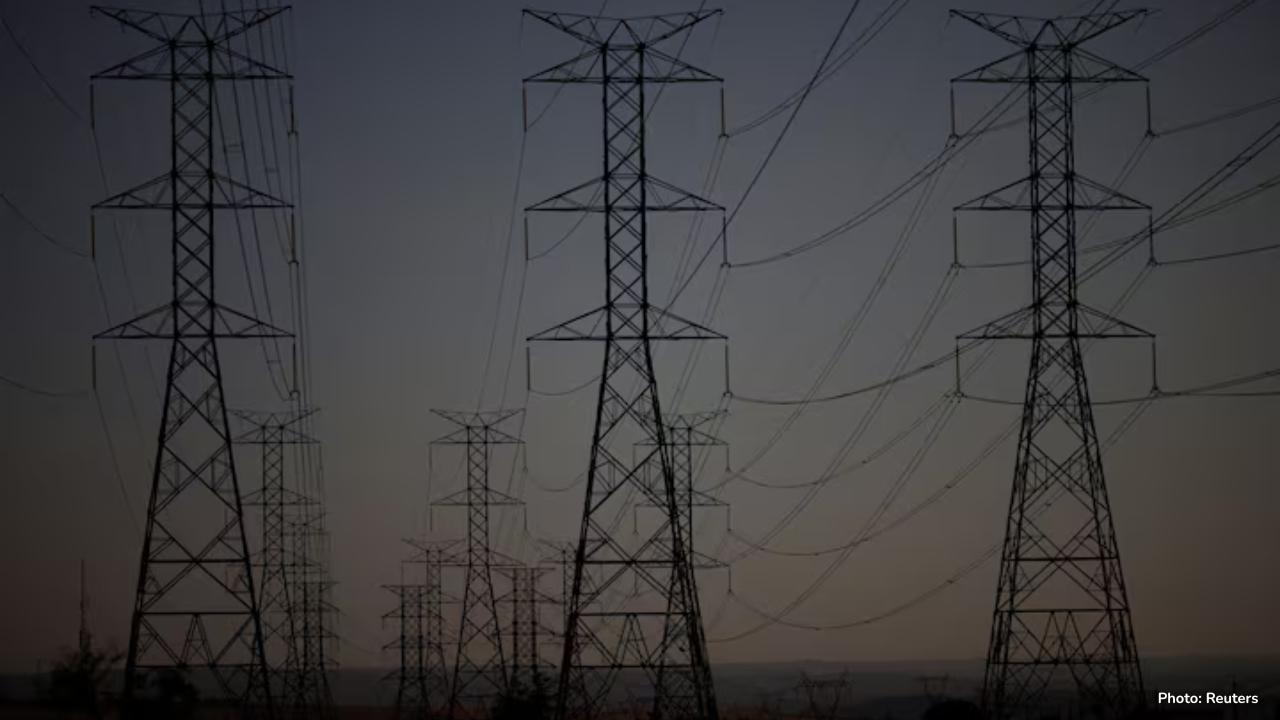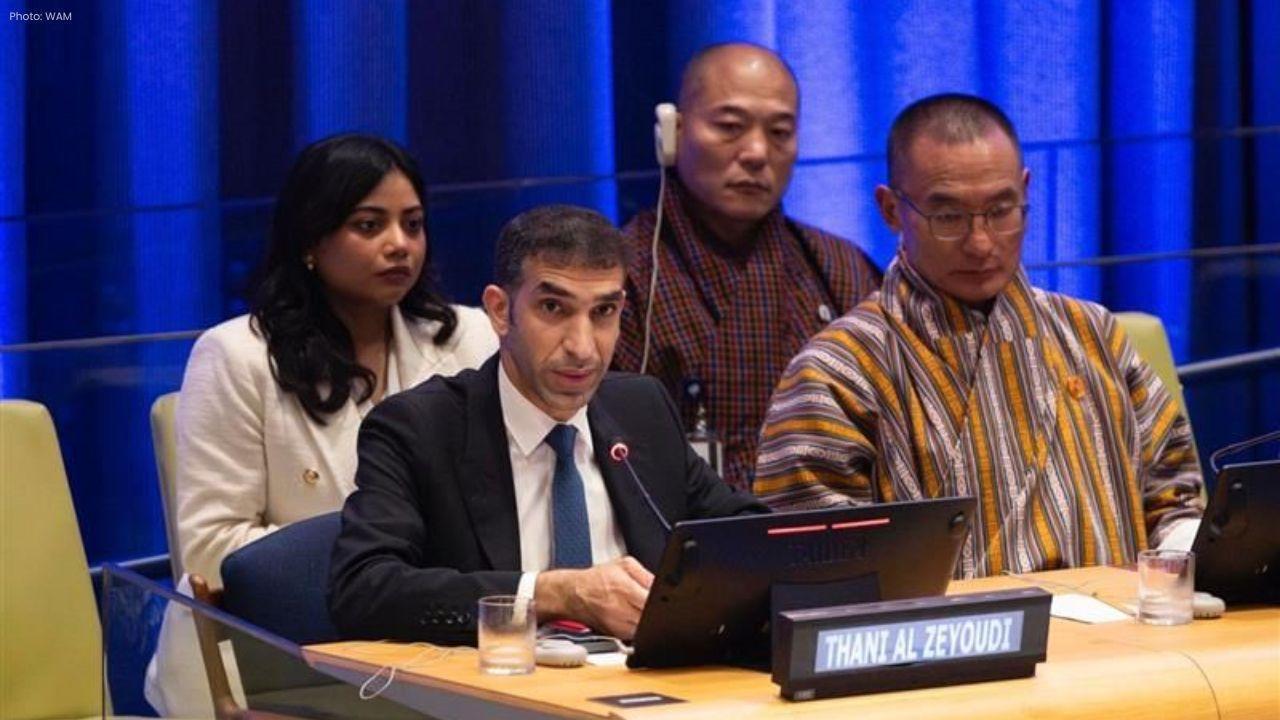
Post by :
Photo:Reuters
Afghanistan has stepped into its fifth year under Taliban rule, and a new ban has drawn global attention. For the first time since seizing power in August 2021, the Taliban leadership has blocked fibre optic internet in one of its provinces. The move, ordered by Taliban leader Hibatullah Akhundzada, has left thousands of people in northern Balkh province without WiFi connections.
According to a provincial spokesperson, Haji Attaullah Zaid, all fibre optic internet connections across Balkh have been switched off under a “complete ban.” The Taliban declared that this measure was necessary to prevent what they call “immorality” in Afghan society.
The ban has immediately impacted homes, government offices, schools, universities, and private businesses that depend on WiFi for daily operations. With fibre optic services disabled, people have lost access to stable and high-speed internet.
Despite the ban on fibre optic connections, mobile data networks remain functional. People in Balkh can still connect to the internet through their phones, but mobile internet in Afghanistan is known to be slower, less reliable, and costlier compared to WiFi. For students, businesses, and professionals, this creates serious challenges in continuing work, studies, and communication.
Authorities have not explained why Balkh province was specifically chosen for the ban. There is also no clarity on whether this restriction will extend to other provinces. Officials only mentioned that an “alternative system” would be created inside the country for necessary purposes, but no details or timelines were given.
The uncertainty has caused concern among residents, who fear similar bans could spread nationwide, limiting internet freedom even further.
This is not the first time digital services have faced restrictions in Afghanistan. In the past, mobile networks have been shut down temporarily during religious festivals or military operations to prevent the use of explosives triggered remotely. However, this is the first time an entire fibre optic network has been permanently cut off in a province, which affects both public and private life on a large scale.
The ban is expected to cause serious difficulties for schools and universities that rely on online learning resources. Students in Balkh, who already face limits on education under Taliban rule, now have even fewer opportunities to connect with the outside world.
Businesses, especially small enterprises that depend on online trade and communication, are also likely to suffer. Freelancers and remote workers who rely on international clients may be cut off, resulting in financial hardship and loss of livelihood.
The Taliban argues that this step is necessary to uphold moral and religious values. But critics say it will further isolate Afghanistan from the international community and block opportunities for its young population.
Observers warn that cutting off reliable internet could harm the Afghan economy, making it more difficult for businesses to grow and discouraging international investment in the country.
This latest decision shows how the Taliban leadership is reshaping Afghan society with strict religious and cultural controls. It highlights the group’s deep mistrust of modern technology, even when it plays a central role in education, trade, and communication.
As Afghanistan continues under Taliban governance, the ban on fibre internet in Balkh province signals that the group may tighten control over digital life across the country.
Taliban internet ban










OpenAI's Revenue Soars to $4.3 Billion in First Half of 2025
OpenAI's revenue reaches $4.3 billion in the first half of 2025, marking a 16% increase from the pre

UAE Leaders Send Condolences to Saudi King Over Princess Abta's Death
UAE rulers and crown princes sent heartfelt messages to King Salman, mourning the passing of Princes

Brazil's Surplus Clean Energy Attracts Crypto Miners
Brazil's excess renewable energy is luring cryptocurrency miners. Companies like Tether and Renova E

Visa Tests Stablecoins to Make Global Payments Faster
Visa is testing stablecoins for international payments, aiming to speed up transactions and reduce t

Opera Unveils Neon AI Browser for Smarter Web Browsing
Opera introduces Neon, an AI-powered browser that automates tasks and enhances privacy, aiming to re

Albanese Visits Sheikh Zayed Grand Mosque in Abu Dhabi
Australian PM Albanese tours Sheikh Zayed Grand Mosque, highlighting peace, tolerance, and cultural